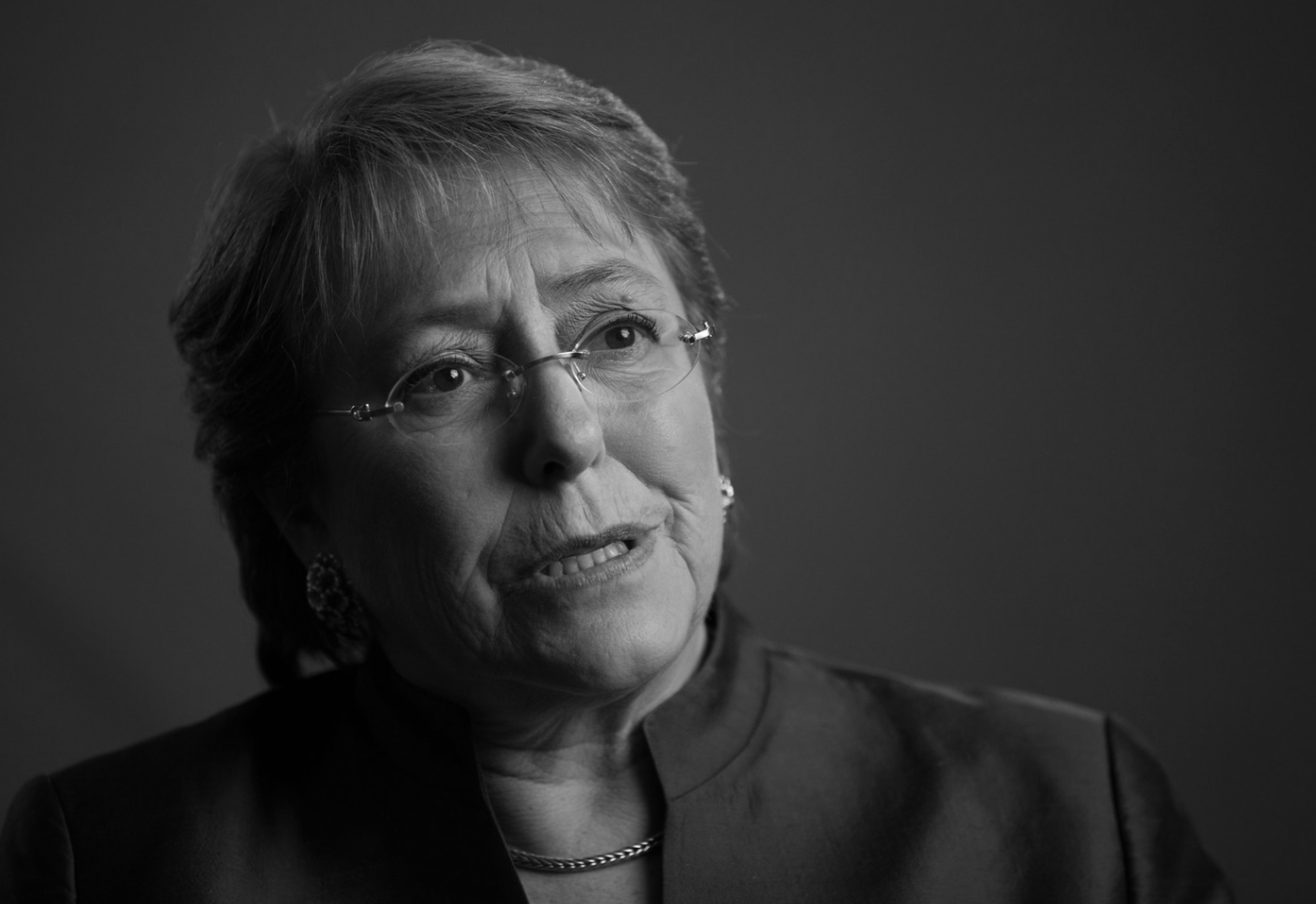(May 8, 2015 | Washington, D.C.) Robert F. Kennedy Human Rights filed an amicus curiae brief this week before the Constitutional Tribunal of the Dominican Republic urging the Tribunal to uphold the constitutionality of a recent amendment to the Penal Code that decriminalized access to abortion when the woman’s life is at risk and when the pregnancy is a result of rape, among other limited circumstances. Before the passage of the Penal Code amendment in December, the Dominican Republic was one of only a few countries in the entire world to impose blanket criminalization of abortion in all circumstances, seriously jeopardizing the right to life and access to critical health services for women and forcing many to seek unsafe and illegal alternatives. While the Penal Code amendment was a great step forward for the protection of women’s rights in the Dominican Republic, the measure is currently being challenged before the Constitutional Tribunal by groups wanting to return to the blanket ban.
The amicus brief submitted by Robert F. Kennedy Human Rights on Tuesday highlights the international human rights framework in support of the decriminalization of abortion, in particular in the specific exceptions provided for by the recent Penal Code amendment in the Dominican Republic. Authoritative international human rights bodies have repeatedly highlighted the myriad violations that result from blanket bans on abortion, and have consistently urged governments to decriminalize abortion and provide critical health services to protect a woman’s right to life and right to bodily integrity. The criminalization of therapeutic abortions also has a disproportionate impact on the poor and results in higher maternal mortality rates and disabilities due to illegal and unsafe medical procedures. International bodies have also found that denying abortion in cases of rape, incest, or fetal malformation can constitute a form of cruel, inhuman, and degrading treatment.
In reaching its decision in the present case, Robert F. Kennedy Human Rights calls on the Constitutional Tribunal to fully comply with international human rights standards that protect the rights of women in the Dominican Republic by upholding the amendment to the Penal Code as constitutional. Failing to do so would be a detrimental setback to women’s rights in the country and the region, once again placing the lives of many in serious danger.
Read the Amicus brief attached below [in Spanish only]
###
CONTACTO
Dan Cronin
Robert F. Kennedy Human Rights
Phone: 917-284-6356
Email: Cronin@RFKhumanrights.org
Robert F. Kennedy Human Rights presenta amicus en defensa de la despenalización del aborto en República Dominicana
(Washington | 8 de mayo de 2015) Robert F. Kennedy Human Rights presentó un amicus esta semana ante el Tribunal Constitucional de la República Dominicana instándolo a declarar la constitucionalidad de una reciente enmienda al Código Penal que despenalizó el aborto en casos en que la vida de la mujer esté en peligro y cuando el embarazo sea producto de una violación, entre otras limitadas circunstancias. Antes de la aprobación el pasado diciembre de la enmienda al Código Penal, República Dominicana era uno de los pocos países en el mundo que mantenía la prohibición total del aborto bajo cualquier circunstancia, poniendo así en peligro el derecho a la vida de las mujeres y su acceso a servicios críticos de salud, forzando a muchas de ellas a buscar alternativas inseguras e ilegales. Aún cuando la enmienda al Código Penal fue un avance positivo para los derechos de las mujeres en República Dominicana, dicha enmienda se encuentra actualmente bajo revisión por parte del Tribunal Constitucional a raíz de un recurso de inconstitucionalidad interpuesto por grupos que están abogando por retornar a la prohibición total del aborto.
El amicus presentado por Robert F. Kennedy Human Rights el pasado martes recoge el marco internacional de derechos humanos que apoya la despenalización del aborto, en particular bajo las excepciones específicas contempladas en la reciente enmienda al Código Penal dominicano. Órganos autoritativos internacionales en materia de derechos humanos han destacado, en reiteradas ocasiones, las numerosas violaciones que resultan de la prohibición total del aborto y han instado en forma consistente a los gobiernos a despenalizar el aborto y proporcionar servicios críticos de salud para proteger el derecho a la vida y a la integridad personal de las mujeres. La penalización de abortos terapéuticos también tiene un impacto desproporcionado en las mujeres de escasos recursos y resulta en una tasa más alta de mortalidad materna y de discapacidad debido a procedimientos médicos ilegales e inseguros. Los órganos internacionales también han declarado que negar un aborto en casos de violación, incesto o malformación del feto pueden constituir una forma de trato cruel, inhumano y degradante.
Robert F. Kennedy Human Rights insta al Tribunal Constitucional de República Dominicana a cumplir con los estándares del derecho internacional y proteger los derechos humanos de las mujeres dominicanas declarando constitucional la enmienda al Código Penal. Fallar en sentido contrario sería un retroceso en la protección de los derechos de las mujeres que además pone a sus vidas en peligro.



